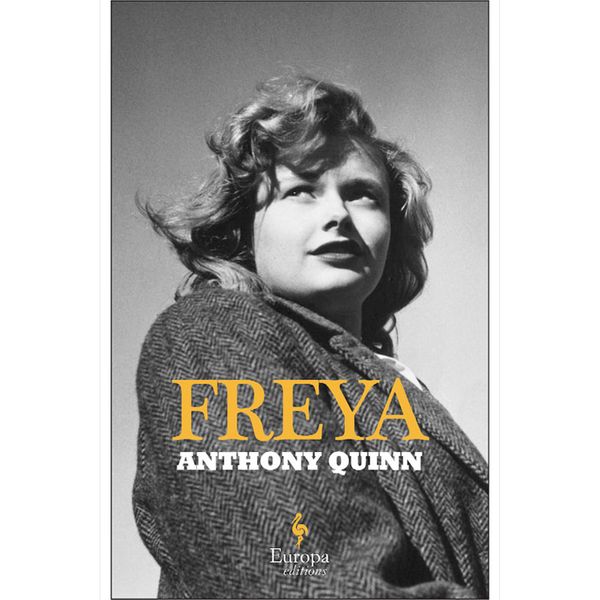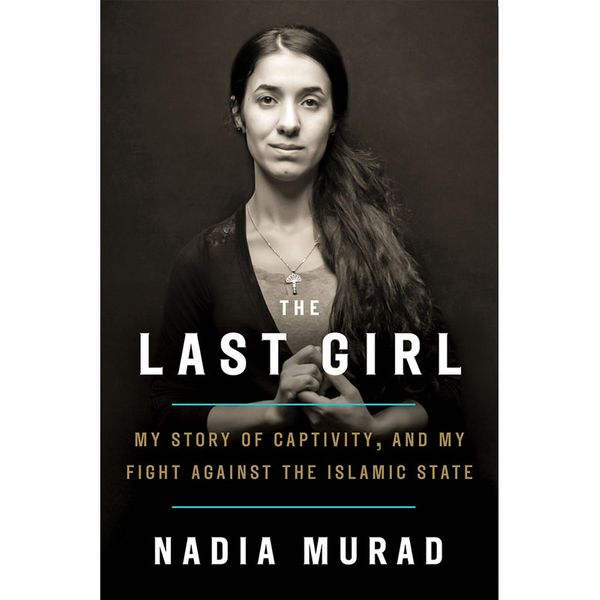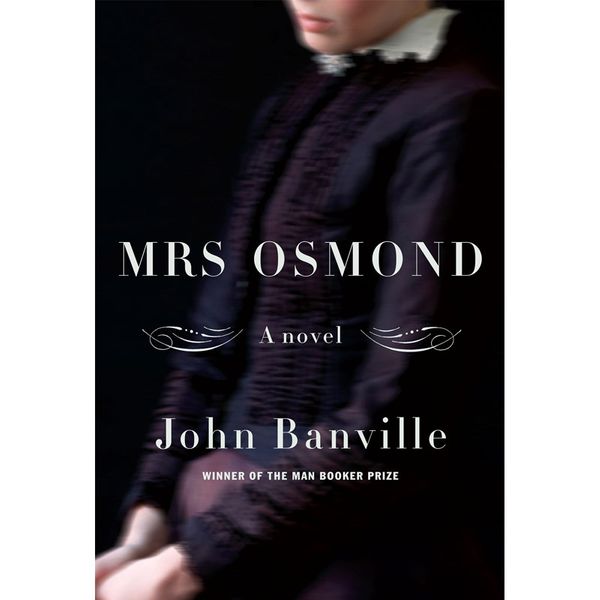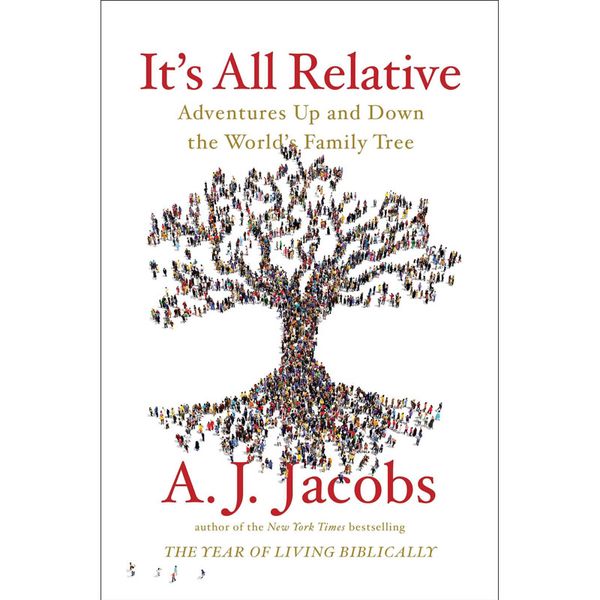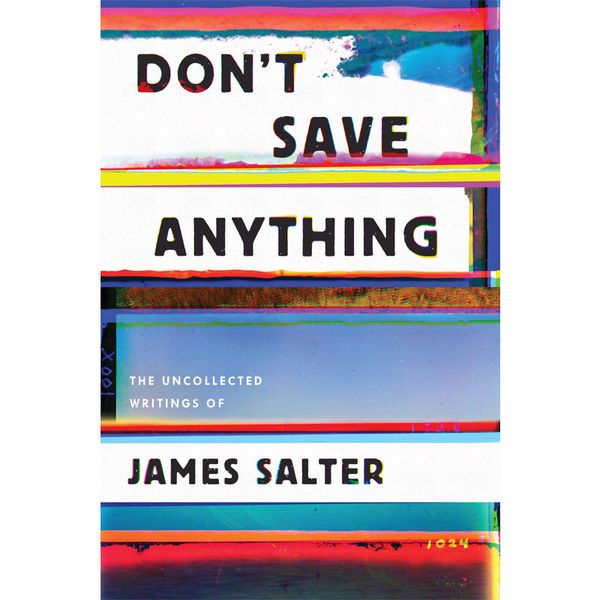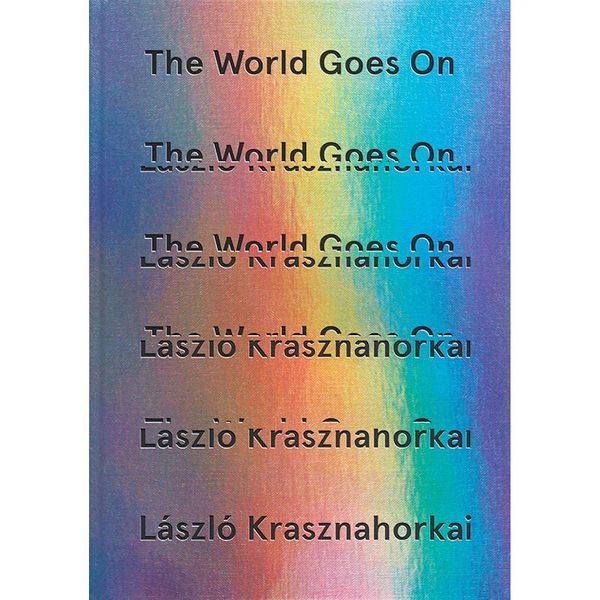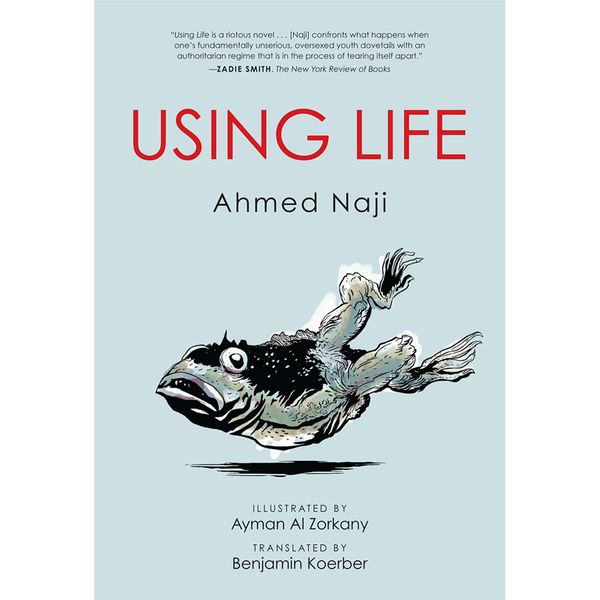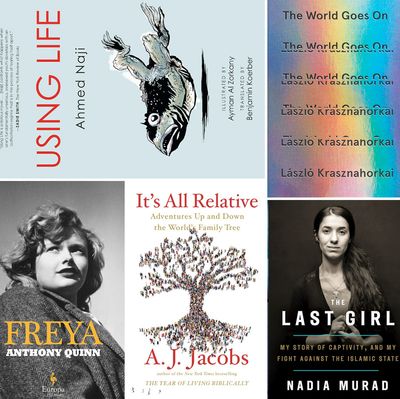
Each month, Boris Kachka offers nonfiction and fiction book recommendations. You should read as many of them as possible.
Freya, by Anthony Quinn (Europa, November 7)
This fallÔÇÖs great historical epic may be an import. Freya is the second novel of a loose trilogy on postwar Britain from a former film critic who knows how to weave political intrigue, social history, and interpersonal fireworks into fiction of seemingly any style. Here, the focus is on the fraught friendship between Freya and Nancy, who meet just after VE Day and later make their own way through the straitlaced sexist ÔÇÖ50s and the freewheeling sexist ÔÇÖ60s.
The Last Girl: My Story of Captivity, and My Fight Against the Islamic State, by Nadia Murad (Tim Duggan Books, November 7)
´╗┐This memoir from a fortunate ISIS escapee is clearer, deeper, and more informative than it has to be. A member of the decimated Yazidi minority in Iraq, Murad was enslaved, tortured, and raped before fleeing her captors, who are now mostly bereft of territory but still capable of inspiring mass murder worldwide. Murad begins with a fascinating crash course in Yazidi culture before telling her particular story, which frames ISISÔÇÖs attack on her people as a classic genocide.
Mrs. Osmond, by John Banville (Knopf, November 7)
´╗┐Why would a contemporary author with his own revered style borrow not only a story from Henry James ÔÇö to whose Portrait of a Lady this is a direct sequel ÔÇö but also the authorÔÇÖs foggy, ornate syntax? It has be BanvilleÔÇÖs devotion to the Master, along with a desire to exact revenge on behalf of JamesÔÇÖs famous protagonist, Isabel Archer. BanvilleÔÇÖs ventriloquism is word-perfect, manna for fans of James and frustrating for those put off by his style. But for any reader who remembers pitying Isabel, still tethered to her duplicitous husband at novelÔÇÖs end, Banville offers some satisfying closure.
ItÔÇÖs All Relative: Adventures Up and Down the Family Tree, by A.J. Jacobs (Simon & Schuster, November 7)
´╗┐Topical, gonzo stunt nonfiction (e.g., The Year of Living Biblically) finds a meaty subject in the common American obsession with genealogy, focusing as usual on those most obsessed: Mormons; unconventional support groups; and a consortium of scientists and historians building a World Family Tree. Jacobs decides to hunt down his farthest-flung relations (Daniel Radcliffe, et al.) in order to host the worldÔÇÖs largest family reunion. He fails to set the record, but succeeds in crafting a diverting chronicle of a country split apart and yet more self-consciously interrelated than ever.
DonÔÇÖt Save Anything, by James Salter (Counterpoint, November 14)
By the time he died in 2015, Salter was well established as one of his generationÔÇÖs best fiction stylists. He also left behind a ream or so of published but uncollected nonfiction, relics of a time when, say, People magazine was interested in an interview with an elderly Vladimir Nabokov. In the writerÔÇÖs cut-crystal sentences, portraits of Eisenhower and the designer of the artificial heart mingle with essays on the evolving armed forces, the Hollywood book-adaptation machine, and the future of the novel (in his opinion, not bright).
The World Goes On, by László Krasznahorkai (New Directions, November 28)
´╗┐The Hungarian winner of an international Booker may currently be the foreigner most frequently shelved in right-thinking homes, but heÔÇÖs no pop sensation. Given to sentences that wind for pages, his fiction can be dense, bleak, and abstract. But his first translated story collection is a relatively forgiving entry point. They were written in the second, post-Soviet half of KrasznahorkaiÔÇÖs career, when he traveled widely and contemplated the lighter side of despair. So readers still get voices form the void, but also flaneurs in Shanghai and Varanasi and Venice, and a Portuguese miner discovering a buried palace.
Using Life, by Ahmed Naji, ill. Ayman al Zorkany, trans. Benjamin Koerber (University of Texas, November 14)
´╗┐The author of this wild Egyptian novel was ostensibly jailed for depicting a Cairo youth culture awash in sex and drugs. But the winner of last yearÔÇÖs PEN Freedom to Write award gave his government plenty of cause to suppress him. His story, liberally and whimsically illustrated, follows a ÔÇ£professional kiss-assÔÇØ who ends up stumbling upon a dystopian architectural conspiracy. The real revelation, though, is the cynicism and paralysis afflicting Bassam and his friends, victims of political and religious forces squandering a great cityÔÇÖs creativity.
If you buy something through our links, Vulture may earn an affiliate commission.


